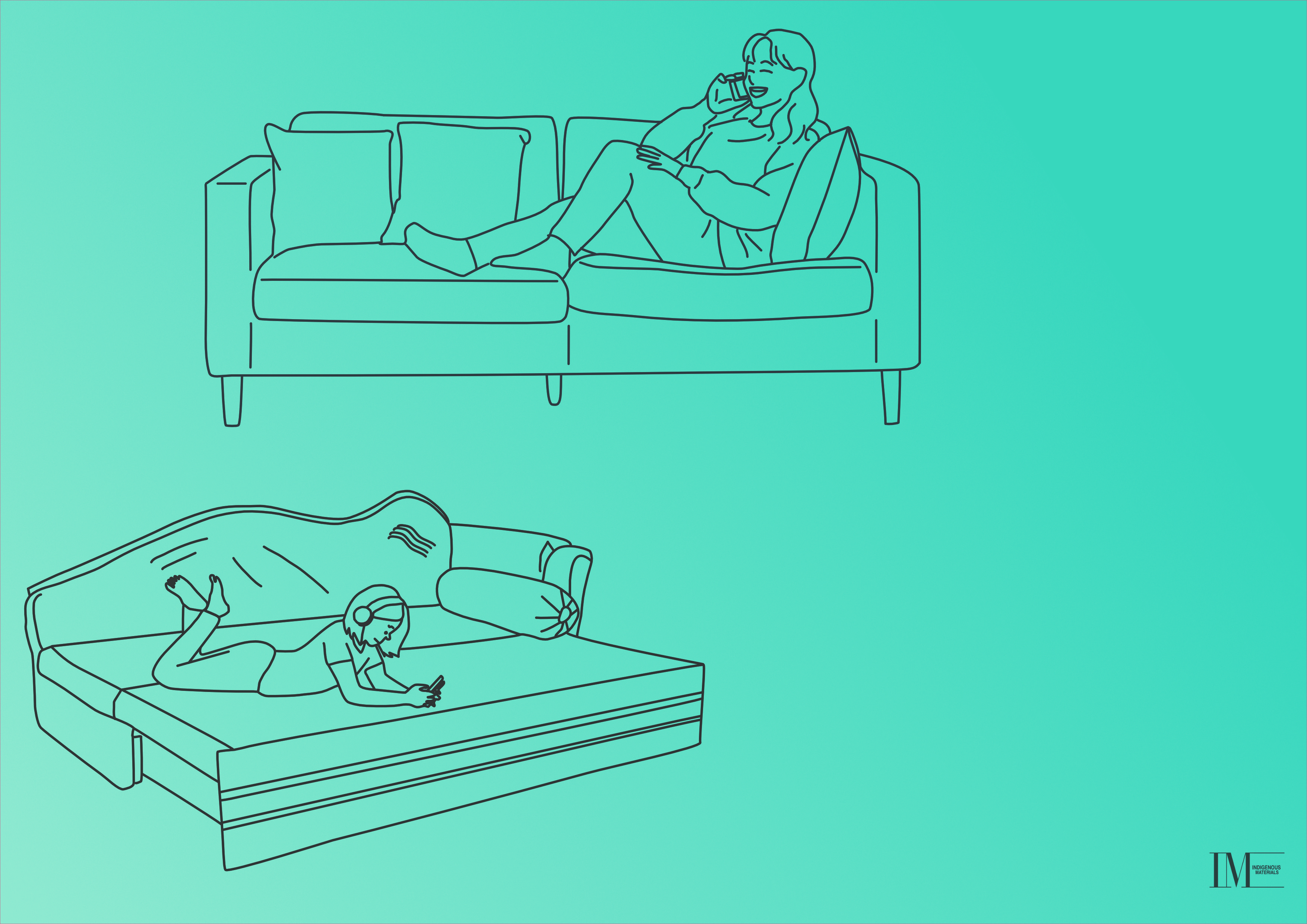The Lazy Culture - CBA Movement
Laziness is viewed in a society like how it is defined but laziness can be seen in another way from the lazy people. They might feel that laziness is created by the community that they live in and the social factors that they see every day. Those people who are lazy might view being lazy differently and to them, they still contribute to societal work because they give their opinions and views on political and economic issues. With the continuous growth of smartphones and easier access to information; the variables that have made people lazy are apparent whilst some people may be sceptical about this cultural existence.
The question is ‘Does a community play a role in someone being lazy’? It is very difficult to give a simple answer because many people would disagree with this question because they might say that the community can push you to strive for greatness and that laziness is based on the individual's mindset. They might feel that their community is a better place to be and they don't need to leave so that they embark on new opportunities within the community. Some people might view this notion as lazy and ask why the individual never wants to seek a new path and find something that can make them happy.
Does happiness relate to laziness? The answer to this question is very vague because an individual might be lazy but comfortable in their surroundings and might not need the capitalist things to make them happy. The correlation between happiness and laziness can be complicated if the mindset of the individual is different because individuals might feel that the reason why they are lazy is solely based on the notion of not being allowed to explore different routes in life. There is no point in exploring the hypothesis about laziness and happiness because the findings will be inconclusive.
Coming back to the point earlier about the role of the community playing a role in someone being lazy; the community can contribute to an individual being lazy because a person who comes from wealth might like that I don't need to work hard. After all, a rich kid might say that my parents would give everything and when they die, I will inherit their wealth. Not saying that everyone who comes from a wealthy background has this thinking but some of them do and this creates a lazy culture where the individual feels like they would do what their parents tell them to do then wealth will come their way.
Additionally, people in the community can be a variable for people to be lazy because hanging around with people that do not have the 'get up and go' mentality can have an impact on individuals, especially young adults who are going to face the big wide world.
The social welfare system has created a lazy culture where young people feel that they don't need to get up and go to work because their relatives are on the social welfare system, and they live in a four-bedroom house and have high-income disposal means that they don't need to go out to work. The idea here is not to ridicule people on social welfare because some people depend the social welfare system. After all, they might not be able to work due to illness or personal circumstances. Being on social welfare is fine but the mentality of striving for better things must be there for children to see that because children can aspire to them and this removes the lazy barrier. So, in a sense, community can play a role in lazy culture idealism.
Another variable that perpetuates the idealism of the lazy culture is the use of smartphones. Smartphones coupled with a fast Internet connection (the birth of 3G and 4G) made the lazy culture idealism more profound because everything is at the tips of your fingers; this made it possible to create a culture where people don't need to go and find it.
Smartphones brought apps and people didn't need a desktop computer to go and find information; this is the genesis of the information age. The information age changed thoughts and perceptions because individuals felt that they could stay on their phones and use the apps to find new information. People using Google to find information and don't even go past the first page shows how the information age has created a lazy culture.
There are different opinions and views about the idea of a lazy culture and the causes of the lazy culture can be argued in terms of the variables that make people lazy. Smartphones and communities have contributed to the lazy culture and even though there are other factors have been added to these variables to elevate the lazy culture.
Smartphones have made most people lazy because more people spend their time on their phones browsing through their social media platforms rather than doing activities that are productive or completing their educational work to have a good occupation in the future. The 'glue to my phone' notion has created a lazy culture and this culture will not change or go away unless smart technologies are removed from society, and this will never happen. There must be a solution to this problem, otherwise the upcoming generations might find it difficult to adjust to parenthood and adulthood as accountability does not exist.



